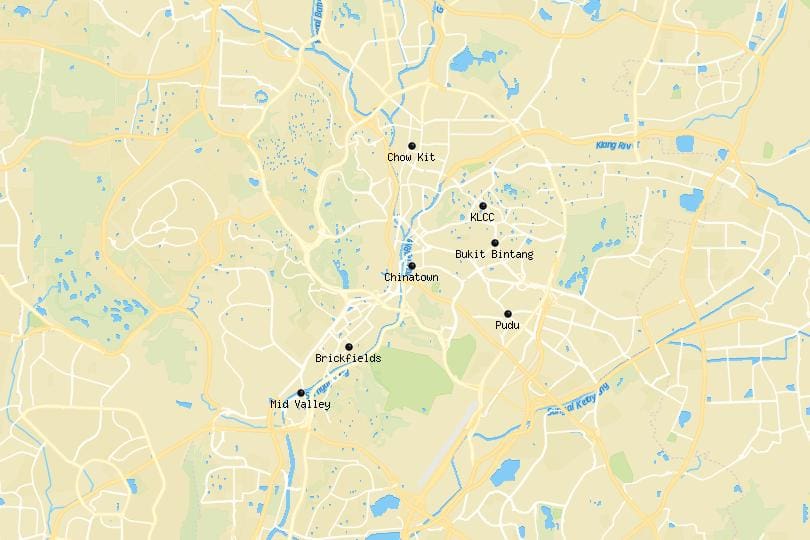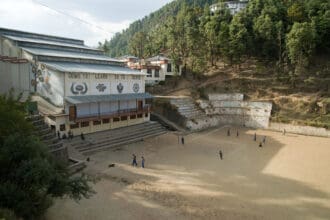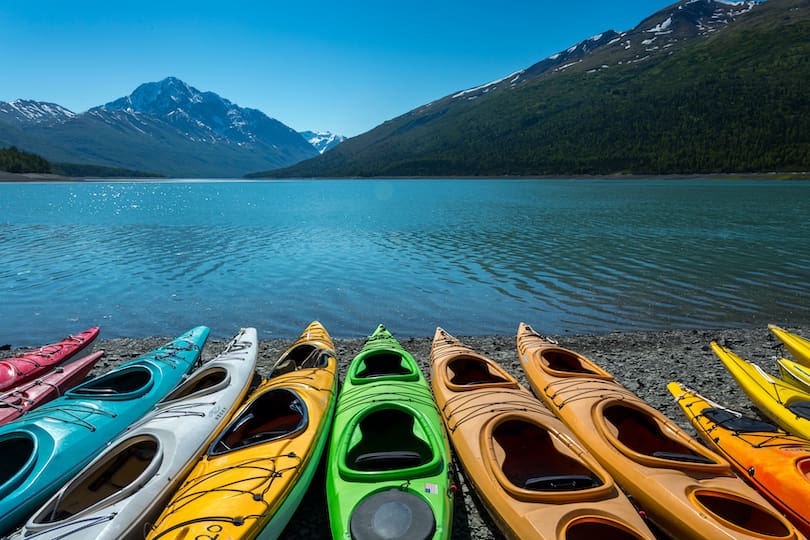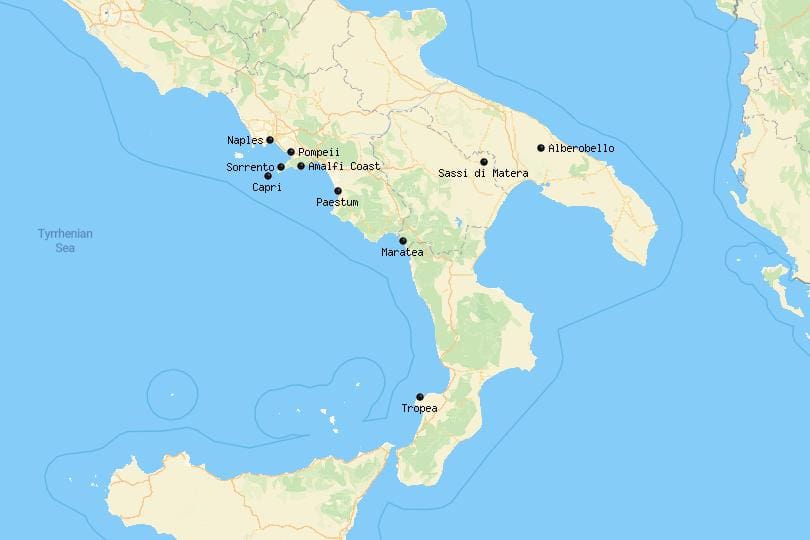Kashmir, often referred to as “Paradise on Earth,” is a breathtakingly beautiful destination in India known for its stunning landscapes, snow-capped mountains, serene lakes, and rich cultural heritage. Choosing the right time to visit Kashmir is crucial to make the most of your trip and experience the region’s true essence. In this article, we will explore the best time to visit Kashmir and discover the unique charms of each season.
Weather and Seasons
Kashmir experiences four distinct seasons: spring, summer, autumn, and winter. Each season offers a different ambiance and showcases the region’s natural beauty in its own unique way.
Spring in Kashmir
As winter bids farewell, Kashmir comes alive with vibrant colors and blooming flowers during spring. The months of March to May are perfect for witnessing the valley’s iconic tulip gardens in full bloom. The weather is pleasant, with temperatures ranging from 15°C to 24°C (59°F to 75°F). Spring is an ideal time for nature lovers, photographers, and those seeking a peaceful getaway.
Summer in Kashmir
Summer, from June to August, is the peak tourist season in Kashmir. The temperatures range from 20°C to 30°C (68°F to 86°F), providing relief from the scorching heat in other parts of the country. The valleys are lush green, and the lakes sparkle under the warm sun. It is an excellent time for sightseeing, enjoying boat rides on Dal Lake, and exploring the surrounding meadows.
Autumn in Kashmir
Autumn, also known as the “golden season,” is a magical time in Kashmir. From September to November, the valley transforms into a kaleidoscope of vibrant colors as the leaves change to hues of red, orange, and yellow. The weather remains pleasant, with temperatures ranging from 10°C to 23°C (50°F to 73°F). Autumn is perfect for photography enthusiasts and nature lovers who want to witness the breathtaking beauty of Kashmir’s landscape.
Winter in Kashmir
If you are a fan of snow-clad landscapes and winter sports, visiting Kashmir from December to February is an absolute delight. The region turns into a winter wonderland, with temperatures dropping as low as -4°C to 10°C (24°F to 50°F). The snow-covered mountains, frozen lakes, and the opportunity to indulge in activities like skiing and snowboarding make it a haven for adventure enthusiasts.
Festivals and Events
Kashmir is not only blessed with natural beauty but also celebrates various festivals and events that add charm to your visit. The annual Tulip Festival in Srinagar, held during spring, showcases the mesmerizing beauty of tulips in full bloom. The Shikara Festival on Dal Lake, held in the summer, offers a vibrant display of Kashmiri culture through traditional music, dance, and boat races. The autumn season brings the harvest festival of Baisakhi, and winter is marked by vibrant celebrations of Christmas and New Year.
Popular Tourist Attractions
Kashmir boasts a plethora of tourist attractions that cater to different interests. The iconic Mughal Gardens of Srinagar, including Nishat Bagh, Shalimar Bagh, and Chashme Shahi, offer a glimpse into the region’s architectural grandeur. The magnificent Dal Lake is a must-visit, where you can enjoy a Shikara ride or stay in traditional houseboats. Other attractions include the historic Shankaracharya Temple, the scenic Gulmarg hill station, and the enchanting Pahalgam.
Outdoor Activities and Adventure Sports
For adventure seekers, Kashmir offers a wide range of outdoor activities. You can embark on thrilling treks in the picturesque valleys of Sonamarg and Lidderwat. The soaring peaks of Gulmarg provide excellent opportunities for skiing and snowboarding during the winter season. The Lidder River is ideal for white-water rafting, while the serene Wular Lake is perfect for boating and fishing enthusiasts.
Wildlife and Nature Reserves
Kashmir is home to several wildlife sanctuaries and nature reserves that protect its diverse flora and fauna. The Dachigam National Park is a haven for wildlife enthusiasts, housing endangered species like the Kashmir stag and the black bear. The Hemis National Park is known for its population of elusive snow leopards. Birdwatchers can visit the Hokersar Wetland Conservation Reserve, where migratory birds flock during winter.
Local Cuisine and Food
No visit to Kashmir is complete without savoring the delectable local cuisine. The traditional Wazwan feast, consisting of aromatic meat dishes like Rogan Josh and Yakhni, is a culinary delight. Kashmiri saffron, known for its exceptional quality, is a must-buy. Don’t forget to indulge in the flavorsome Kashmiri Kahwa, a traditional herbal tea.
Shopping in Kashmir
Kashmir is renowned for its exquisite handicrafts and traditional products. The bustling markets of Srinagar offer a plethora of choices, including handwoven carpets, Pashmina shawls, intricately carved wooden artifacts, and vibrant Kashmiri embroidery. The floating markets on Dal Lake provide a unique shopping experience, where vendors sell fresh produce and handicrafts from their boats.
Accommodation Options
Kashmir provides a range of accommodation options to suit various budgets and preferences. From luxury hotels and resorts to cozy guesthouses and homestays, you can find a comfortable stay that allows you to immerse yourself in the region’s hospitality and warmth. The houseboats on Dal Lake offer a unique experience, allowing you to wake up to the serene beauty of the lake.
Tips for Traveling to Kashmir
Before you embark on your journey to Kashmir, here are a few tips to make your trip memorable:
- Check the weather conditions and pack accordingly.
- Carry valid identification documents and necessary permits.
- Respect the local culture and traditions.
- Stay hydrated and carry necessary medication.
- Hire a knowledgeable local guide for a more insightful experience.
Conclusion
Kashmir is a destination that captivates visitors with its unparalleled beauty throughout the year. Whether you prefer blooming gardens, pleasant summers, vibrant autumn colors, or snowy landscapes, there is a perfect time to visit Kashmir based on your preferences. Each season has its own charm and offers unique experiences that will leave you with lasting memories of this enchanting paradise.
FAQs
- Q: Is it safe to visit Kashmir? A: Yes, Kashmir is generally safe for tourists. However, it’s advisable to stay updated on the current situation and follow any travel advisories issued by the authorities.
- Q: Are there any precautions to take while visiting Kashmir in winter? A: Yes, if you plan to visit during winter, make sure to carry warm clothing, including heavy jackets, boots, and thermal wear, to stay comfortable in the chilly temperatures.
- Q: Can I visit Kashmir during the monsoon season? A: It is not recommended to visit Kashmir during the monsoon season (July to September) due to heavy rainfall, which can disrupt travel plans and limit outdoor activities.
- Q: Are there any restrictions for foreign travelers visiting Kashmir? A: Foreign travelers are required to obtain a special permit to visit certain areas in Kashmir, such as Ladakh. It’s advisable to check the latest travel regulations and consult with tour operators or the Indian embassy before planning your trip.
- Q: What is the best way to reach Kashmir? A: The most convenient way to reach Kashmir is by air. Srinagar International Airport is well-connected to major cities in India. Alternatively, you can also opt for train or road travel depending on your location and preferences.
















I’ve been surfing online greater than 3 hours today, yet I by no means found any interesting article like yours. It’s lovely worth sufficient for me. Personally, if all webmasters and bloggers made just right content material as you did, the net shall be much more useful than ever before. “Baseball is 90 percent mental. The other half is physical.” by Lawrence Peter Berra.
Its good as your other articles : D, appreciate it for putting up.
Really excellent visual appeal on this internet site, I’d rate it 10 10.
fascinate este conteúdo. Gostei muito. Aproveitem e vejam este site. informações, novidades e muito mais. Não deixem de acessar para descobrir mais. Obrigado a todos e até mais. :)
Hi! Do you know if they make any plugins to assist with SEO? I’m trying to get my blog to rank for some targeted keywords but I’m not seeing very good success. If you know of any please share. Kudos!
order amoxicillin – https://combamoxi.com/ buy amoxil online cheap
fluconazole cost – https://gpdifluca.com/# fluconazole 100mg price